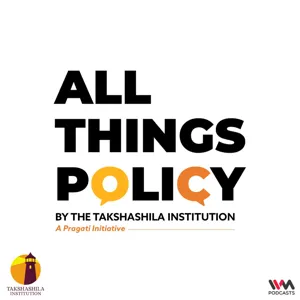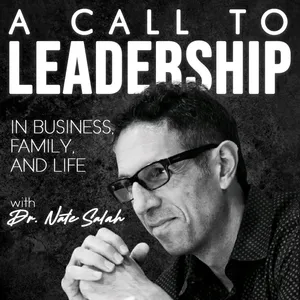Mary Poppen is the President and Managing Partner of the Employee Experience Division at HRIZONS, an HR Cloud Technology Company that helps HR professionals become more agile and effective leveraging HR cloud technology to meet the needs of their evolving workforce. In this episode Mary and KJ discuss the challenges of cross-functional alignment, the impact of poor customer experience, and the role of AI in personalizing customer experiences.
Key Takeaways:
- How AI helps to deliver a seamless customer journey
- Common mistakes in the handoff process between sales and delivery teams
- How to foster collaboration between sales, delivery, and engineering teams
- The importance of human oversight in training and validating AI systems
- Why personalized playbooks deliver value-added experiences
Quote of the Show (31:00):
“There is always something that you can be doing to improve the customer experience. Any little action to big action makes a difference.” – Mary Poppen
Join our Anti-PR newsletter where we’re keeping a watchful and clever eye on PR trends, PR fails, and interesting news in tech so you don't have to. You're welcome.
Want PR that actually matters? Get 30 minutes of expert advice in a fast-paced, zero-nonsense session from Karla Jo Helms, a veteran Crisis PR and Anti-PR Strategist who knows how to tell your story in the best possible light and get the exposure you need to disrupt your industry. Click here to book your call: https://info.jotopr.com/free-anti-pr-eval
Ways to connect with Mary Poppen:
LinkedIn: https://www.linkedin.com/in/marypoppen/
Twitter: Mary__Poppen
Company Website: https://hrizons.com/
Company LinkedIn: https://www.linkedin.com/company/hrizons/
How to get more Disruption/Interruption:
Amazon Music - https://music.amazon.com/podcasts/eccda84d-4d5b-4c52-ba54-7fd8af3cbe87/disruption-interruption
Apple Podcast - https://podcasts.apple.com/us/podcast/disruption-interruption/id1581985755
Google Play - https://podcasts.google.com/feed/aHR0cHM6Ly93d3cub21ueWNvbnRlbnQuY29tL2QvcGxheWxpc3QvODE5NjRmY2EtYTQ5OC00NTAyLThjZjktYWI3YzAwMmRiZTM2LzNiZTZiNzJhLWEzODItNDhhNS04MDc5LWFmYTAwMTI2M2FiNi9kZDYzMGE4Mi04ZGI4LTQyMGUtOGNmYi1hZmEwMDEyNjNhZDkvcG9kY2FzdC5yc3M=
Spotify - https://open.spotify.com/show/6yGSwcSp8J354awJkCmJlD
Stitcher - https://www.stitcher.com/show/disruption-interruption
See omnystudio.com/listener for privacy information.








